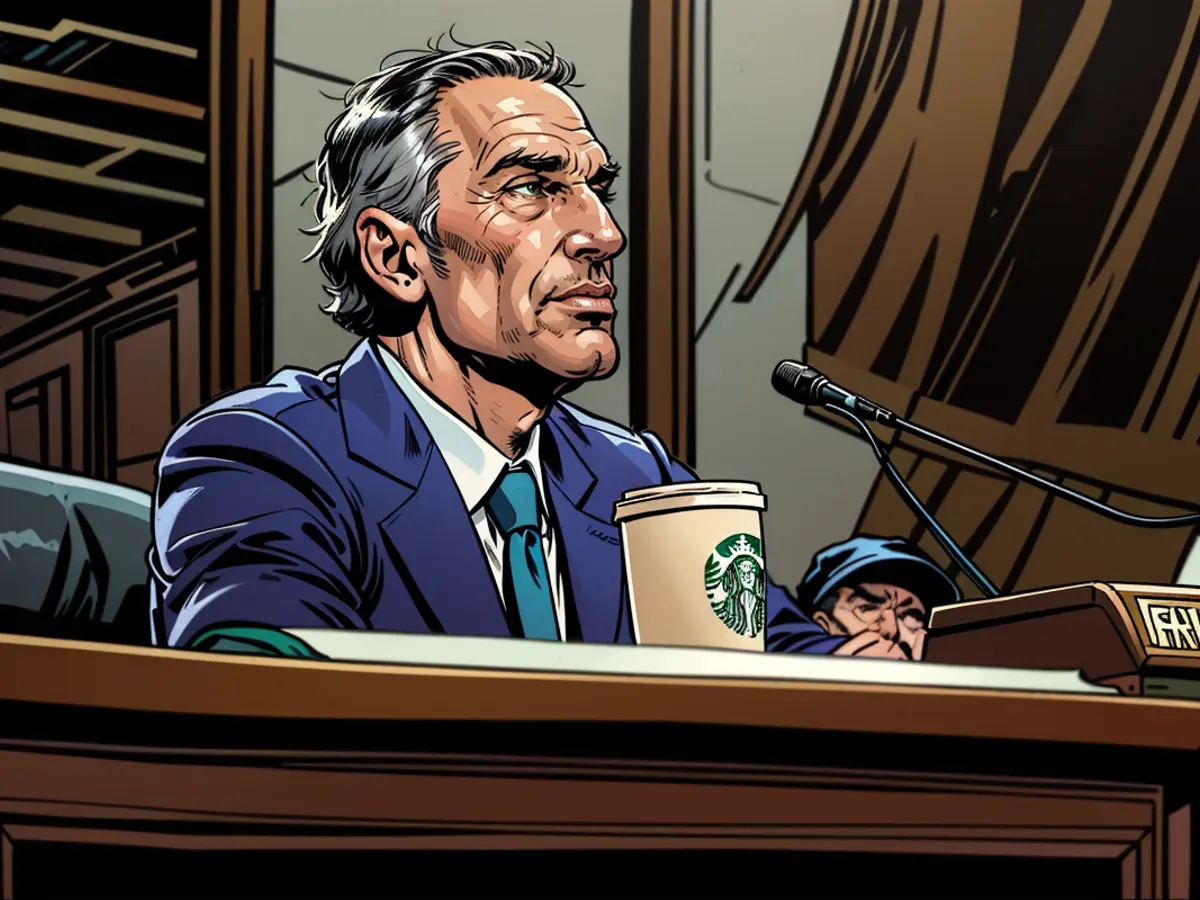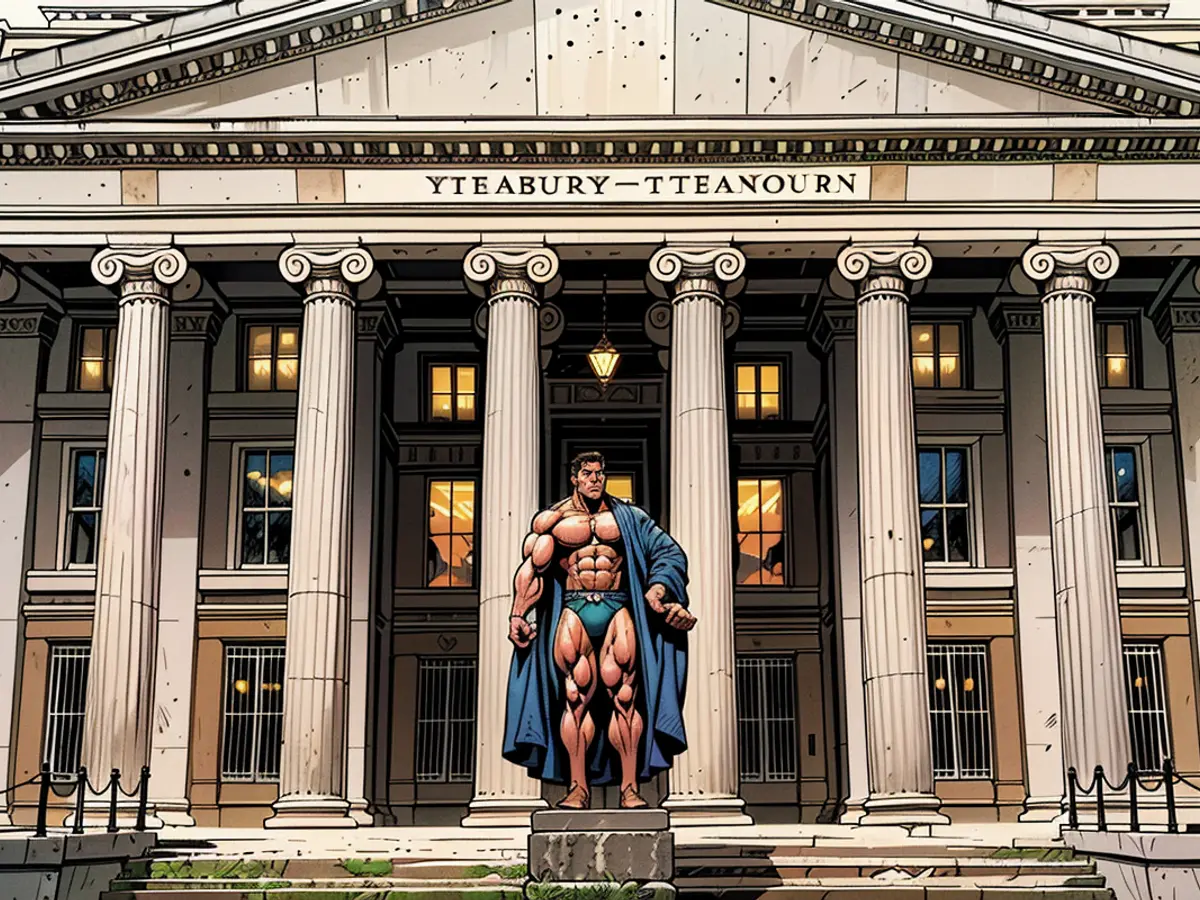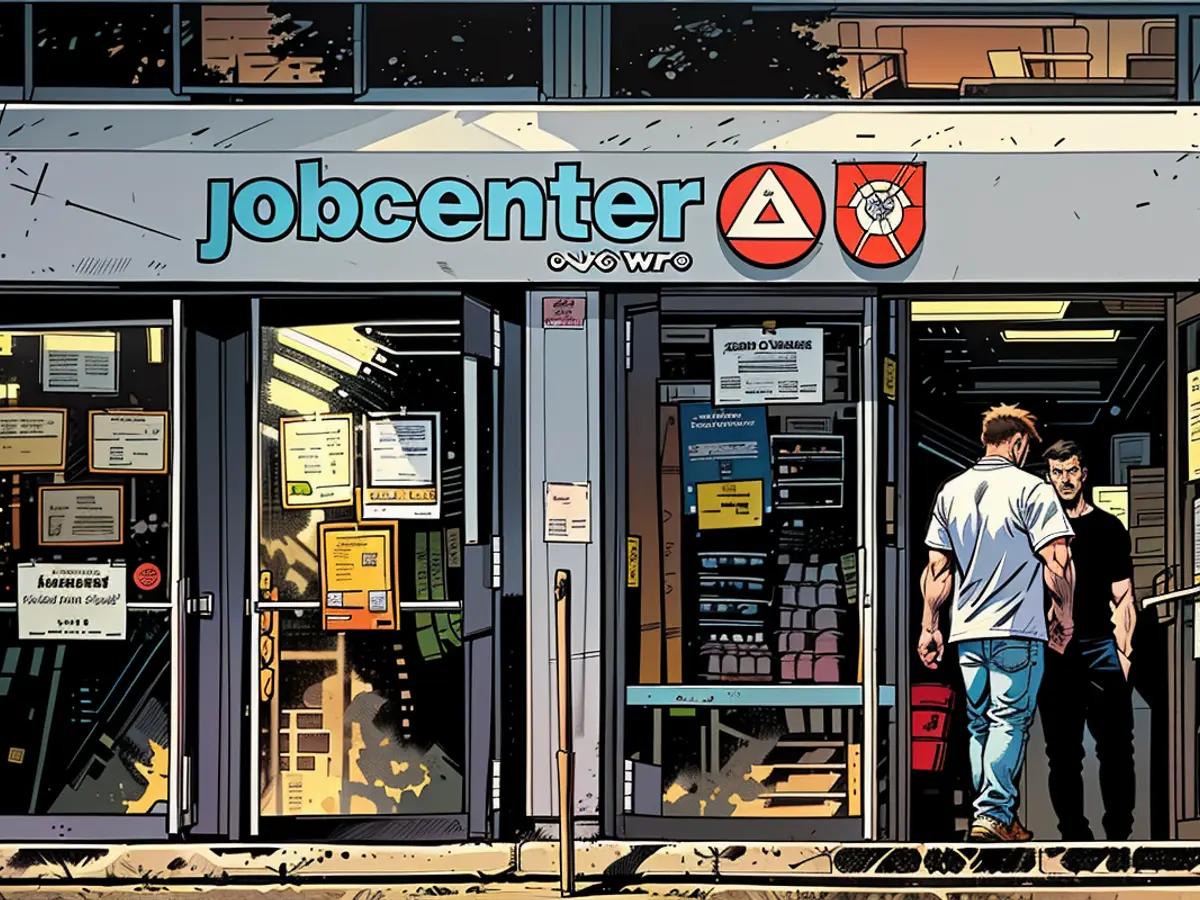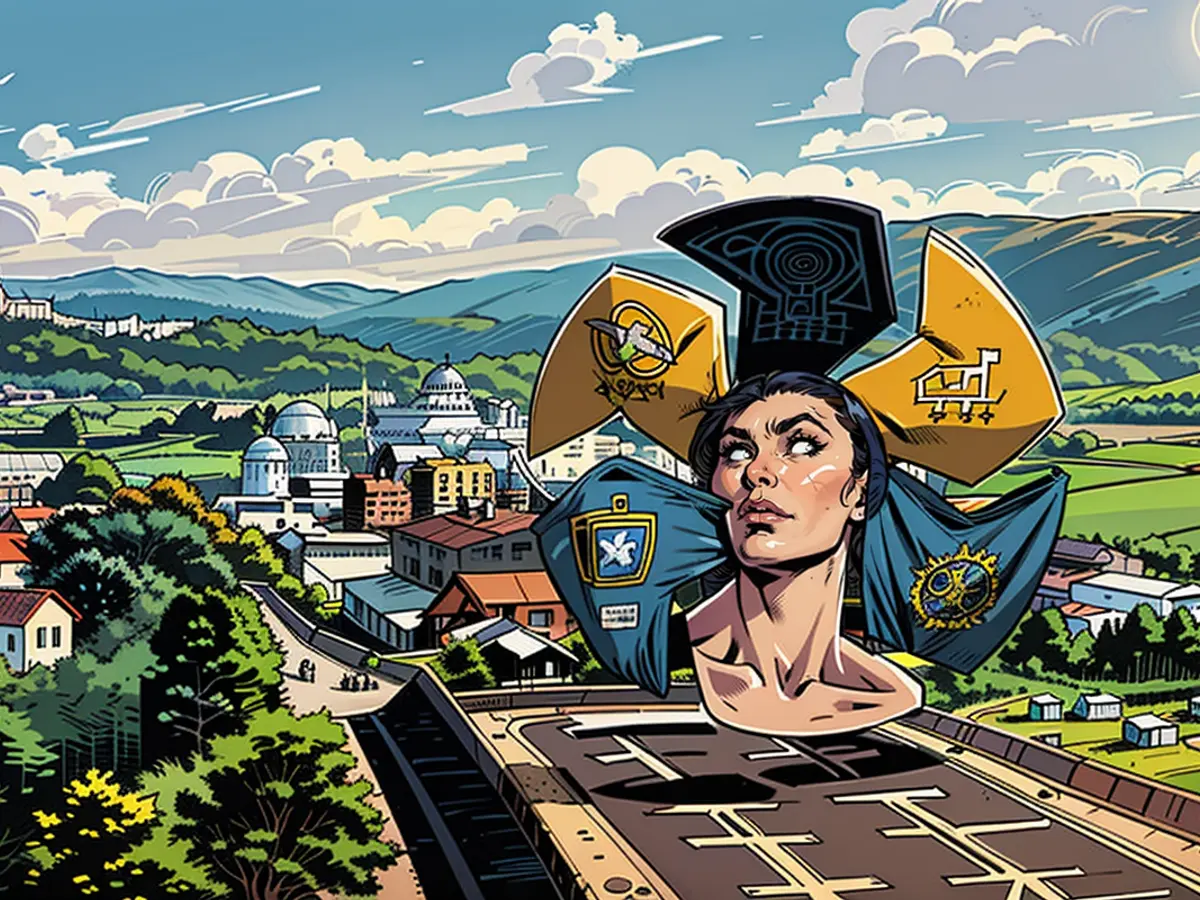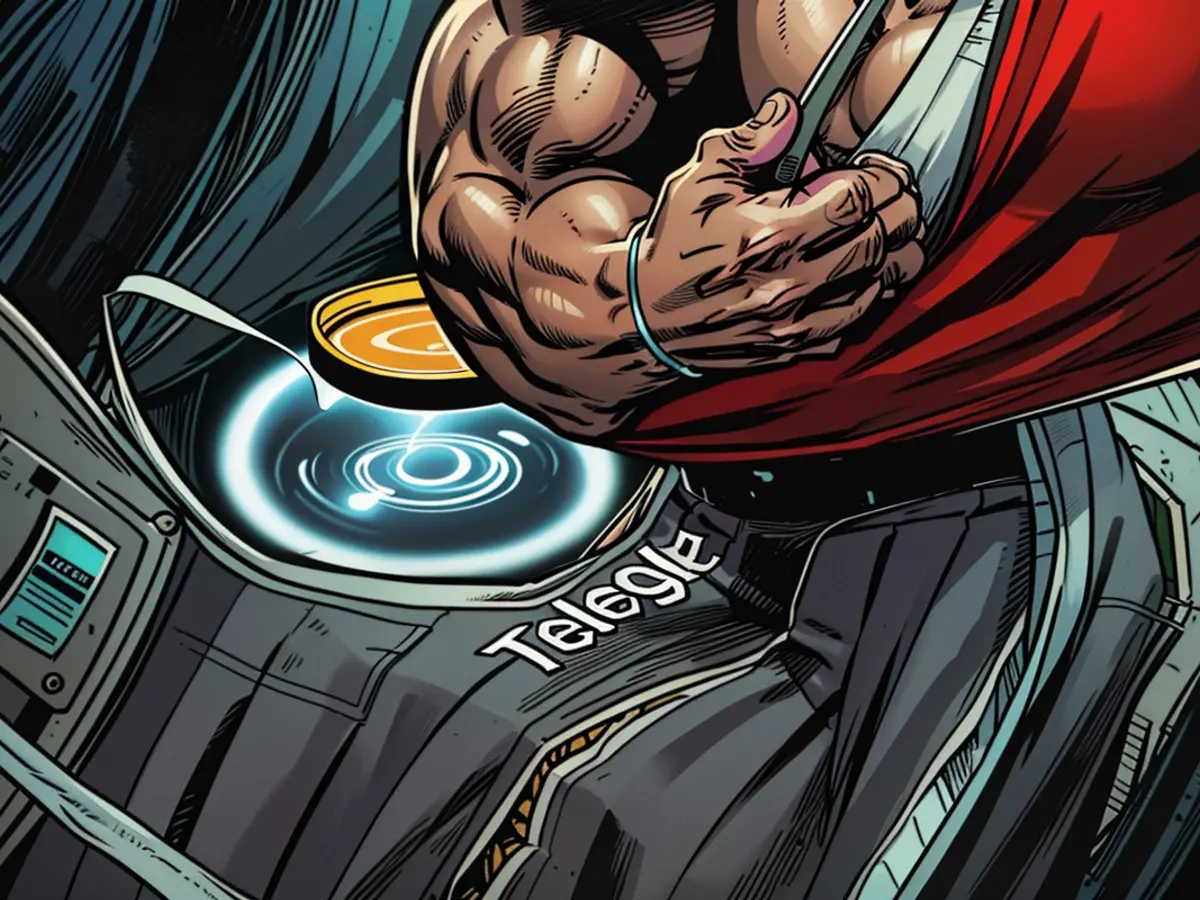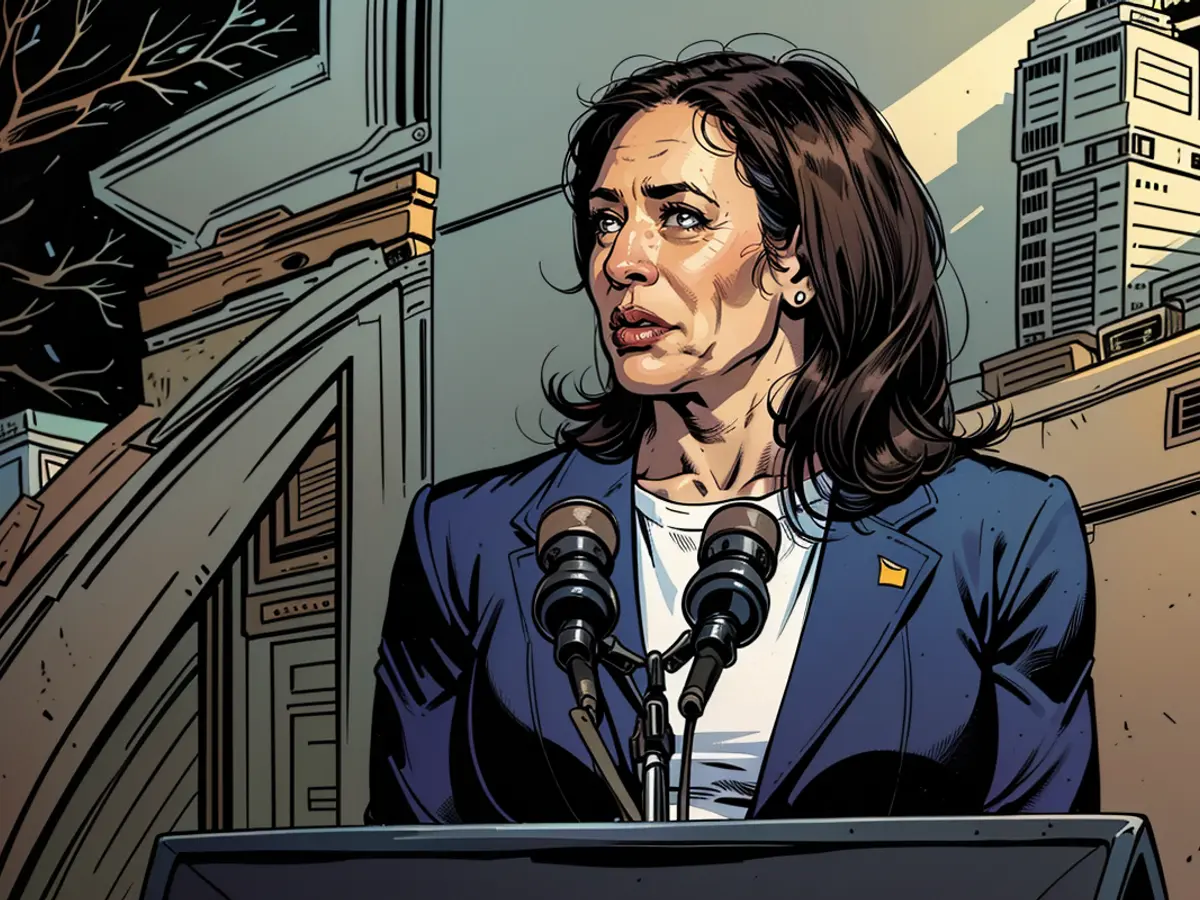Howard Schultz avrebbe violato le norme sul lavoro consigliando a un dipendente: "Se sei insoddisfatto di Starbucks, sei il benvenuto a cercare lavoro altrove".
Il NLRB ha dichiarato mercoledì che l'affermazione di Schultz costituiva una minaccia intimidatoria illegale.
Questa affermazione evidenzia la tensione nella relazione tra Starbucks e i sindacati man mano che un numero crescente di dipendenti dei negozi si sindacalizza.
Nel 2022, mentre Schultz ricopriva il ruolo di CEO ad interim, ha partecipato a un incontro aziendale a Long Beach, in California, per discutere e migliorare le condizioni di lavoro nei punti vendita Starbucks. La barista Madison Hall ha tentato di discutere i vantaggi della sindacalizzazione e le presunte pratiche lavorative ingiuste di Starbucks, secondo l'NLRB.
Schultz ha chiesto: "Perché ce l'hai con Starbucks?". Ha sostenuto che l'evento non era adatto per discutere questioni sindacali, poi ha suggerito di lavorare altrove. Secondo la sentenza del giudice amministrativo, aveva un'espressione furiosa sul viso. La decisione dell'NLRB conferma una sentenza del giudice amministrativo di ottobre 2023.
Starbucks ha rilasciato una dichiarazione in cui contesta la decisione del consiglio. "Rimaniamo impegnati a formare e supportare i nostri manager per garantire il rispetto del diritto dei nostri partner di organizzarsi e fare progressi nelle nostre discussioni con Workers United", ha dichiarato un portavoce in una dichiarazione del giovedì.
although Schultz relinquished his position in March 2023 following his third term as CEO, he remains associated with the company. Upon retiring from the Starbucks board of directors last September, the company bestowed upon him the title of "lifelong chairman emeritus."
"We observe that the judge identified the Respondent's highest-ranking official, interim CEO Schultz, as a 'legendary leader,' a status that would intensify the coercive nature of Schultz's statement," states the board decision.
Since the initial Starbucks outlet in Buffalo, New York, unionized in 2021, the coffee chain has been embroiled in numerous labor disputes over its alleged union-suppressing practices. One case, Starbucks v. McKinney, went before the Supreme Court in June about seven employees who were dismissed for attempting to unionize. The Supreme Court backed Starbucks.
An NLRB administrative law judge previously stated that Starbucks displayed "egregious and widespread misconduct" in its interactions with employees involved in attempts to unionize Buffalo stores, including the first store to unionize. Starbucks continuously sent top-level executives into Buffalo-area stores in a "persistent" effort, the judge wrote, which "probably left a lasting impression as to the importance of voting against representation."
Starbucks issued a statement at the time, expressing its consideration of all legal review options, and asserting that "we believe the decision and the remedies ordered are inappropriate given the record in this matter."
On October 1, the 500th Starbucks outlet voted to unionize, in Washington state, according to the union.
On Wednesday, the NLRB ordered Starbucks to stop threatening to dismiss employees for union activities and to display a notice of employee rights at all of its Long Beach stores.
"We're pleased to see the NLRB continue to support workers and our right to organize legally. At the same time, we're focused on the future and are proud to be charting a new path with the company," Michelle Eisen, Starbucks Workers United national organizing committee co-chair and bargaining delegate, said in a statement to CNN on Thursday.
Danielle Wiener-Bronner contributed to this report.
The strained relationship between Starbucks and labor unions has also impacted the company's business operations, with several stores unionizing.
Starbucks continually faces legal challenges over allegations of union-suppressing practices, such as the case of Starbucks v. McKinney, which went before the Supreme Court.
